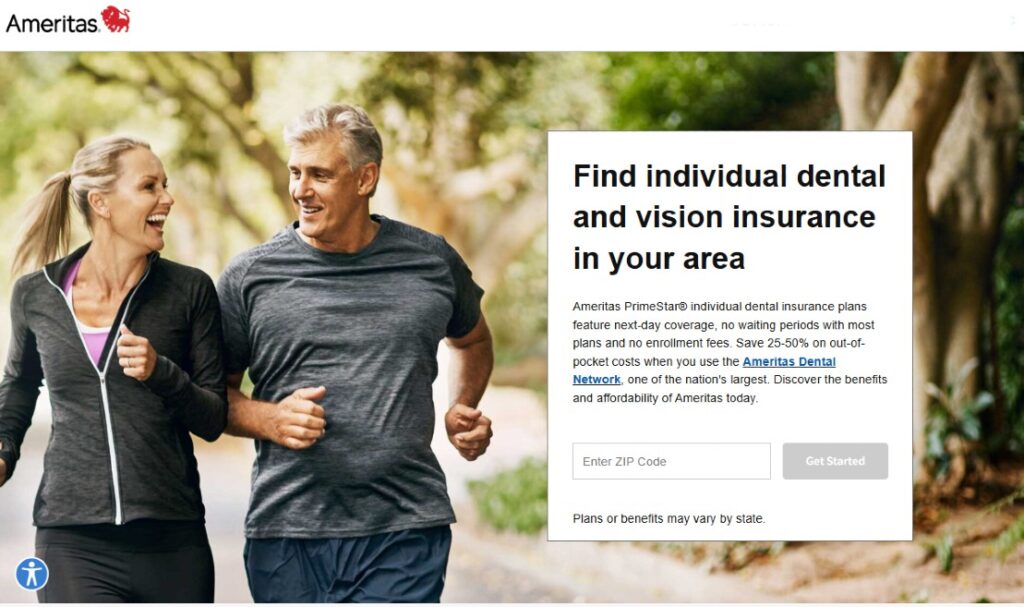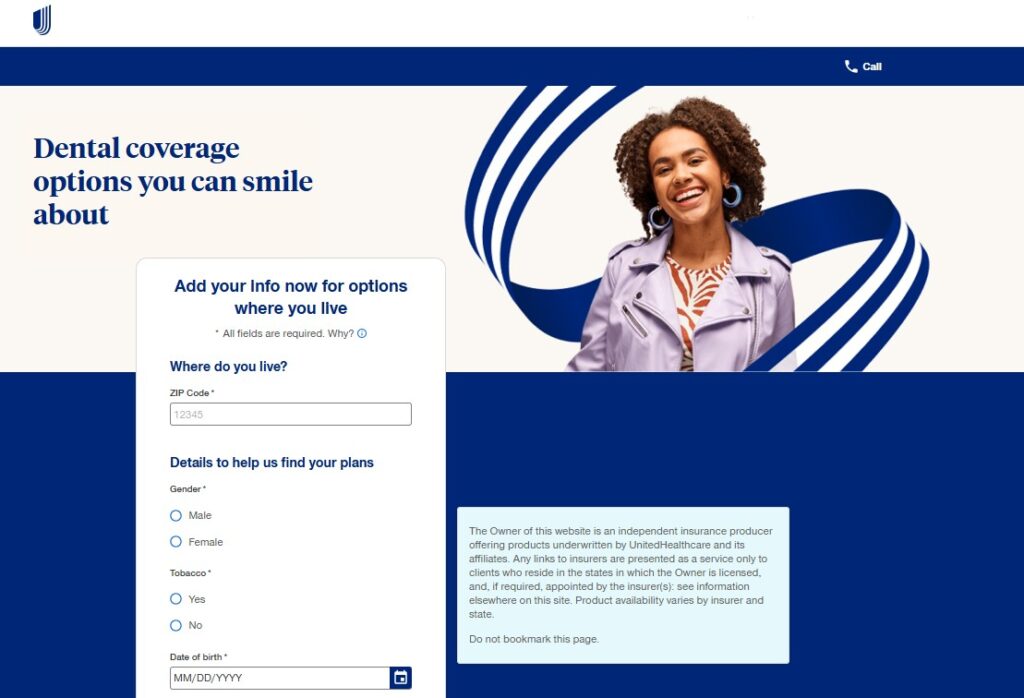As seniors navigate their healthcare options, a common question arises: does Medicare cover dental, vision and hearing?
While Medicare provides substantial coverage for medical expenses, it’s crucial to recognize its limitations concerning dental, vision, and hearing services.
Many seniors are unaware that traditional Medicare doesn’t include coverage for most dental procedures, vision examinations, or hearing aids, leading to unexpected out-of-pocket costs.
Therefore, exploring additional options and understanding what Medicare does cover is vital for seniors to maintain their health and well-being regarding dental, vision, and hearing needs.
This blog post will delve into the specifics of Medicare coverage related to dental, vision, and hearing services for seniors.
We’ll also discuss the best supplemental plans available and how they can enhance your healthcare experience.
Questions?
As an independent agency, we make it easy for individuals, families & small businesses to find affordable plans & benefits.
Get free assistance from our team of experts.
Licensed in FL, GA, MD, NC, NJ, PA, SC, TN, TX, VA
Ted McNeil
Owner, Broker
BenZen Insurance
Medicare: What it Covers (and Doesn’t) for Seniors’ Dental, Vision, and Hearing Needs.
Medicare is divided into different parts, each covering various aspects of healthcare. The main components are:
- Part A: Hospital insurance, covering inpatient hospital stays, healthcare in skilled nursing facilities, hospice care, and some home health care.
- Part B: Medical insurance, covering outpatient care, doctor visits, preventive services, and some home health care.
- Part C: Medicare Advantage plans, which offer an alternative way to receive Medicare benefits that may include additional coverage.
- Part D: Prescription drug coverage, providing assistance with medication costs.
While these parts provide extensive coverage, it’s essential to note that Medicare doesn’t typically cover routine dental care, vision exams, or hearing aids for seniors. Understanding these limitations can help seniors make informed decisions about supplemental coverage for their dental, vision, and hearing needs.
Does Medicare Cover Dental, Vision, and Hearing?
When it comes to dental care for seniors, Medicare Part A may cover specific dental services if they occur during a hospital stay.
However, most routine dental procedures, such as cleanings, fillings, and extractions, are not covered. This means seniors need to seek out separate dental insurance plans for these services.
Vision for seniors is another area where Medicare falls short. While Medicare covers some diagnostic tests and treatments for eye diseases, it doesn’t cover routine eye exams or glasses.
Seniors often find themselves needing additional vision insurance to help with the costs of eye care.
Hearing aids for seniors are similarly excluded from Medicare coverage. Although diagnostic hearing exams may be covered under Part B, the cost of hearing aids and related services is typically not reimbursed.
This can create a financial burden for seniors who rely on these devices.

Licensed in FL, GA, MD, NC, NJ, PA, SC, TN, TX, VA
What’s the Best DVH for Seniors?
Given the limitations of Medicare, many seniors are looking for the best options for dental, vision, and hearing (DVH) coverage. Here are some popular options seniors can consider for their DVH needs:
- Dental Insurance Plans for Seniors: Many standalone dental insurance plans cater specifically to seniors. While these plans often cover preventive services like cleanings and exams, as well as more extensive procedures, the best dental plans for seniors typically offer:
- High Annual Maximum Benefits: Look for plans with a generous annual maximum benefit, ideally over $2,000, to ensure sufficient coverage for more complex procedures like crowns, bridges, or dentures.
- No Waiting Periods for Preventive, Basic, and Major Services: This is a crucial feature. Many plans have waiting periods (e.g., 6 months for basic services, 12 months for major services) before coverage kicks in. The best plans allow seniors to access benefits immediately for preventive care (cleanings, exams), basic services (fillings, extractions), and even major services right after enrollment.
- Vision Insurance Plans for Seniors: Look for vision plans that cover routine eye exams, glasses, and contact lenses for seniors. Some policies may also offer discounts on laser eye surgery. When choosing a vision plan, the best benefits to look for include:
- Comprehensive Annual Eye Exams: Ensure the plan covers a full eye exam, including dilation, to detect eye conditions early.
- Generous Allowances for Frames and Lenses: Look for plans with a high allowance (e.g., $150-$200+) for frames and coverage for various lens types and enhancements (e.g., anti-glare, scratch-resistant, progressive lenses).
- Coverage for Contact Lenses: If you prefer contacts, ensure the plan provides a good allowance or covers a significant portion of the cost.
- Low Copays and Deductibles: Minimize your out-of-pocket costs for visits and eyewear.
- Discounts on Additional Services: Some plans offer discounts on laser eye surgery (LASIK) or additional pairs of glasses/contacts.
- Extensive Provider Network: A large network of in-network optometrists and ophthalmologists ensures you have choices and can see your preferred doctor.
- Hearing Aid Plans for Seniors: Some insurance companies offer plans that specifically cover hearing aids for seniors. These plans can help offset the high costs associated with purchasing hearing devices. When choosing a hearing plan, consider these key benefits:
- Coverage for Hearing Aids: This is the primary benefit. Look for plans that offer a substantial allowance or a percentage of the cost of hearing aids, as these devices can be very expensive.
- Routine Hearing Exams: Coverage for diagnostic and routine hearing tests is essential to monitor hearing health and determine aid needs.
- Hearing Aid Fittings and Adjustments: Proper fitting is crucial for effective hearing aid use. Ensure the plan covers initial fittings and subsequent adjustments.
- Coverage for Batteries and Maintenance: These ongoing costs can add up, so look for plans that offer allowances or discounts on supplies and repairs.
- Network of Audiologists and Specialists: A plan with a broad network gives you access to qualified professionals for assessment and care.
- Frequency of Aid Replacement: Understand how often the plan covers new hearing aids (e.g., every 2-3 years).
When choosing a DVH plan for seniors, seniors should consider their specific needs, budget, and the network of providers available under each plan.
It’s wise to compare several options to find the best fit for their dental, vision, and hearing care.
READ: “DentalWise Max 3000 (Review) The Best No Waiting Period Dental Insurance?”
Why Dental, Vision, and Hearing is Important
Preventive care is crucial for seniors to maintain their health and avoid more severe health issues down the line. Regular dental check-ups can prevent oral diseases, while routine vision exams can catch issues early, such as glaucoma or cataracts. Furthermore, addressing hearing loss promptly can significantly improve quality of life for seniors.
Here are some preventive care tips for seniors:
- Regular Check-Ups: Schedule regular dental and vision check-ups to catch any issues early.
- Good Hygiene Practices: Maintain good oral hygiene by brushing and flossing daily, and consider using mouthwash.
- Healthy Diet: Eat a balanced diet rich in vitamins and minerals to support oral and overall health.
- Stay Active: Regular physical activity can help maintain overall health and potentially reduce the risk of chronic diseases.
By prioritizing preventive care, seniors can enhance their overall well-being and reduce healthcare costs in the long run.

Licensed in FL, GA, MD, NC, NJ, PA, SC, TN, TX, VA
Exploring Dental, Vision & Hearing Insurance Options
For seniors seeking additional coverage for their dental, vision, and hearing needs, numerous options are available.
Medicare Advantage plans for seniors often include dental, vision, and hearing coverage, making them an attractive option for those looking for comprehensive care. Another option is to purchase a Medigap (Medicare Supplement) policy, which can help cover costs not included in Original Medicare. Many Medigap plans offer additional benefits that can aid in covering dental and vision services for seniors.
Seniors need to evaluate their healthcare needs and budget when considering supplementary insurance options for dental, vision, and hearing. Consulting with a licensed insurance agent specializing in Medicare can also provide valuable insights and guidance for seniors seeking the best DVH plans.
In conclusion, does Medicare cover dental, vision, and hearing insurance for seniors? The answer is largely no, as Medicare doesn’t typically cover these essential services. However, numerous options are available for seniors who wish to secure additional dental, vision, and hearing coverage. By understanding the limitations of Medicare and exploring the best DVH plans for seniors, seniors can take proactive steps to maintain their health and well-being. Whether through supplemental insurance or preventive care, the right choices can lead to a healthier, happier life for seniors with comprehensive dental, vision, and hearing support.
Are you ready to explore your options for dental, vision, and hearing insurance for seniors?
Free Consultation
My team is dedicated to making it easy for individuals, families & small business owners to find affordable plans & benefits.
Start a quote or schedule a free consultation today!
Privacy is our priority. We don’t share your personal information or collect payments for your peace of mind.
Ted McNeil
Owner, Broker
BenZen Insurance
